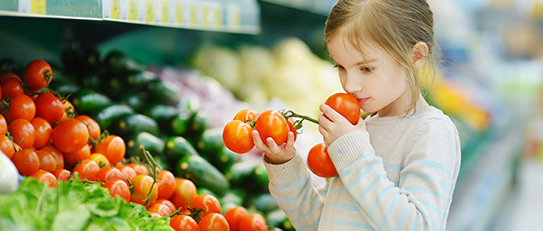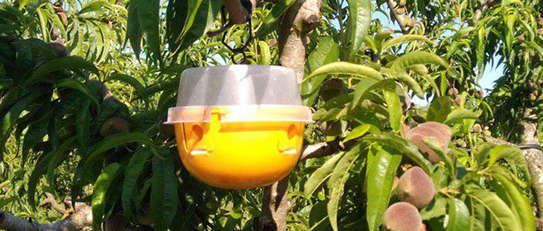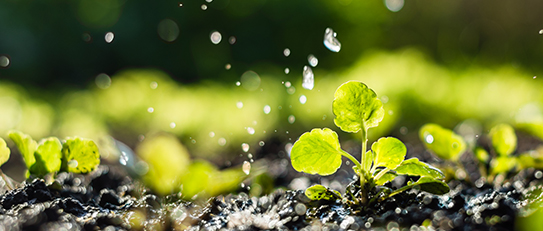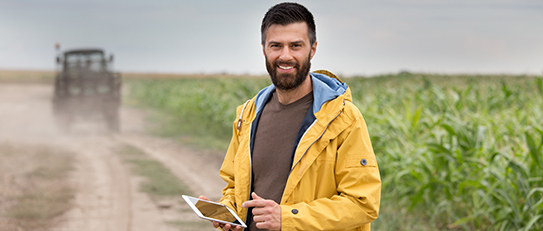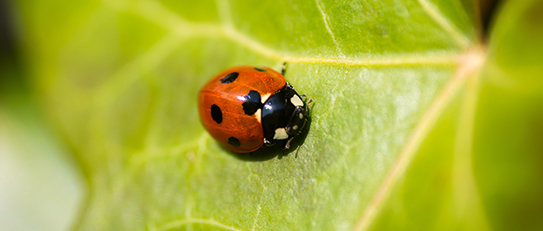
We favour biodiversity in the field
Taking advantage of the useful fauna
All producers choose measures that aim to promote biodiversity, such as the installation of bird or insect shelters, the establishment of ecological compensation zones, the maintenance of the vegetation cover of the soil, the use of flowering plants, etc. This means that there is a large amount of useful wildlife in our fields, such as the ladybird, which helps us against pests.

